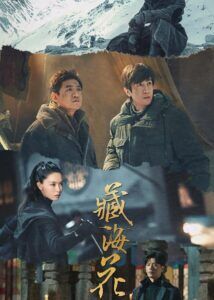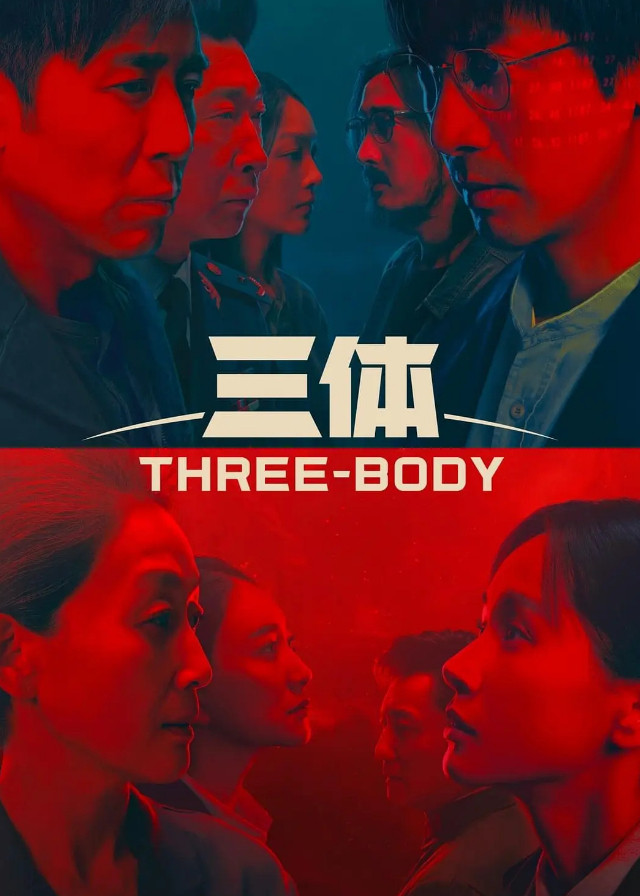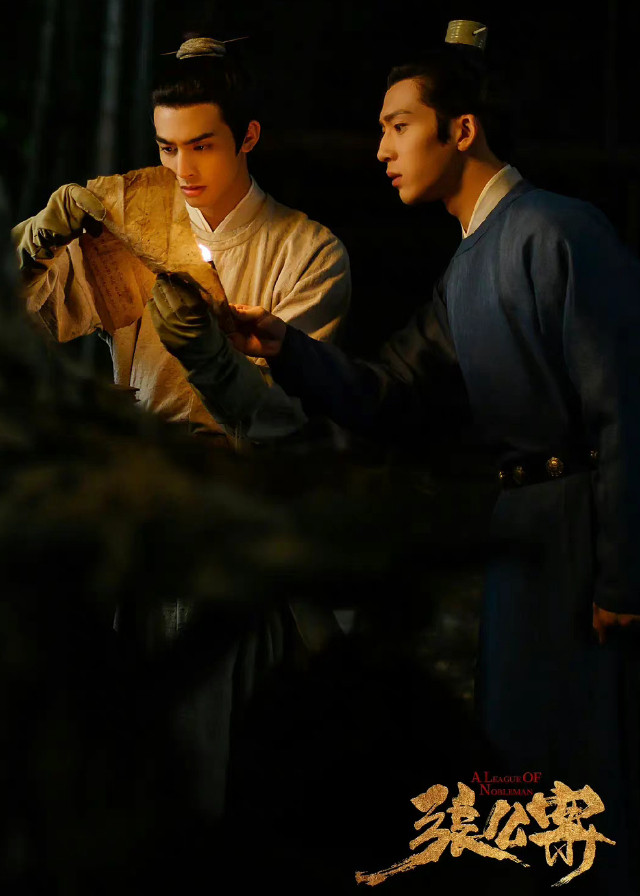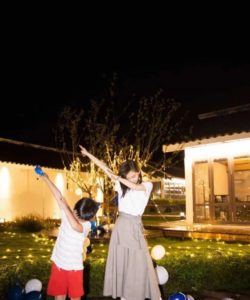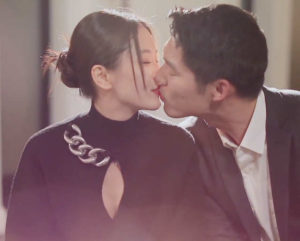Three-Body Episode 11 Recap
> Three-Body Recap
The quiet of the hut, punctuated by the soft scratching of a pen and the scent of pine sawdust, offered Ye Wenjie a rare sense of peace and warmth she hadn't experienced since her father's death. As Bai Mulin prepared to leave, Ye Wenjie offered to wash his dirty clothes, but he politely declined, urging her to rest after her strenuous work, which he noted was as demanding as the men's labor.
He promised to report her situation to the higher-ups, but Ye Wenjie declined his help, stating she found her current surroundings very quiet. When Bai Mulin probed if she was trying to escape something, Ye Wenjie offered no response. Two days later, Bai Mulin departed, leaving Ye Wenjie to her continuous, demanding labor. Soon after, Ye Wenjie was urgently summoned back to the company headquarters, a comrade warning her that she was in serious trouble.
Upon arrival, she found Director Zhang of the political department awaiting her. He sternly presented a letter signed by "Revolutionary Masses" and asked if she had written it. After an initial denial, faced with proof of her handwriting, she admitted to copying it for someone else. When pressed, she reluctantly identified the person as Bai Mulin, the reporter who had recently visited.
Director Zhang revealed they had already investigated Bai Mulin, who claimed he had only mailed the letter for Ye Wenjie, professing complete ignorance of its contents. A stunned Ye Wenjie could hardly believe his words, but her disbelief was shattered when Bai Mulin himself was brought in and confirmed that she was responsible for the letter. Director Zhang then produced a Chinese translation of "Silent Spring," calling it a "negative example" used for internal criticism.
He explained that the book was viewed as having a profoundly negative impact, promoting an "idealist conception of history" and "doomsday" theories under the guise of environmentalism to justify the "corruption and degeneration of capitalism." Ye Wenjie stated the book was not hers and that Bai Mulin had lent it to her. Enraged, Bai Mulin grabbed the book and struck her on the head with it, vehemently accusing her of stealing it.
He claimed his possession of the book was legal as he was an assigned translator. While admitting some fault for not safeguarding it, he escalated his accusations, claiming she stole it while he was working and would have blamed him entirely if he hadn't been present to defend himself. Visibly disappointed and numb, Ye Wenjie was ordered to be taken to the division headquarters for further interrogation until she confessed.
Shivering from the cold in a spartan room, Ye Wenjie found a glimmer of hope when Cheng Lihua, a military representative from the court's military control commission, arrived. Cheng Lihua immediately ordered a stove and offered Ye Wenjie hot water, speaking with a sympathetic tone. She presented a document, urging Ye Wenjie to sign it to prove her stance and resolve her "ideological issues."
To persuade her, Cheng Lihua pointed to the last page, noting that Ye Wenjie's own sister, Ye Wenxue, had already signed the document, which contained statements about their deceased father. Ye Wenjie refused, stating that since her father was dead and she had no knowledge of the events described, she could not sign. Cheng Lihua then laid out the choices: cooperation, leading to a study class and a return to the tree farm, or stubbornness, resulting in severe consequences.
Despite Cheng Lihua's persistent appeals for her well-being, Ye Wenjie remained resolute, finally declaring, "The gravity of reality is too heavy. I won't sign it." Years later, an older Ye Wenjie reflected on these events, stating they were "in the past." When asked by her interlocutor, Wang, if she hated Bai Mulin, she mused that his betrayal was likely a choice forced by the immense political pressure of the era, though still not a "right choice."
This led her to ponder the concepts of "right and wrong," a question that "Silent Spring" had prompted her to consider. Using the example of pesticide use, she explained that what appears justified from a human perspective is destructive from nature's standpoint, illustrating that right and wrong are often a matter of perspective. After that tumultuous period, she left the northern tree farm.
She concluded that from a universal scale, definitions of right and wrong can change, and with age, one realizes that events once perceived as catastrophic ultimately hold little significance. Often, she explained, when one feels pushed to desperation, a turning point is closer than imagined.






